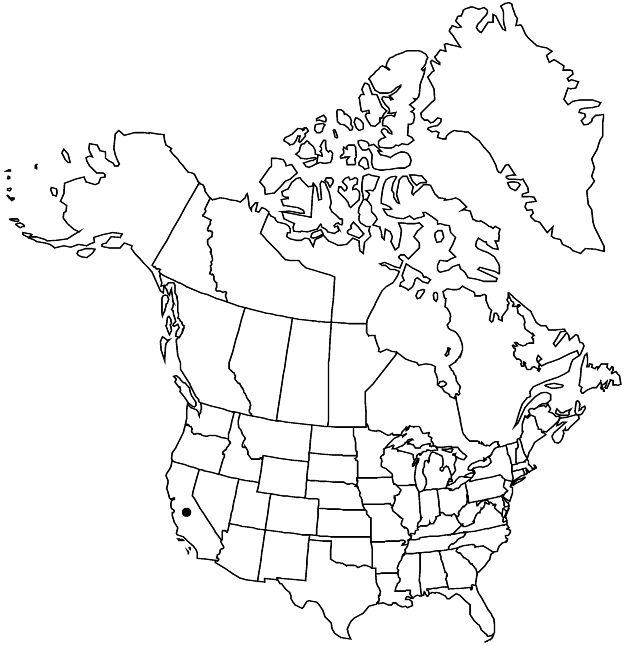Difference between revisions of "Eriogonum grande"
Pittonia 1: 38. 1887.
FNA>Volume Importer |
imported>Volume Importer |
||
| (4 intermediate revisions by one other user not shown) | |||
| Line 11: | Line 11: | ||
|name=Eriogonum latifolium subsp. grande | |name=Eriogonum latifolium subsp. grande | ||
|authority=(Greene) S. Stokes | |authority=(Greene) S. Stokes | ||
| + | |rank=subspecies | ||
}} {{Treatment/ID/Synonym | }} {{Treatment/ID/Synonym | ||
|name=Eriogonum nudum var. grande | |name=Eriogonum nudum var. grande | ||
|authority=(Greene) Jepson | |authority=(Greene) Jepson | ||
| + | |rank=variety | ||
}} | }} | ||
|hierarchy=Polygonaceae;Polygonaceae subfam. Eriogonoideae;Eriogonum;Eriogonum subg. Eucycla;Eriogonum grande | |hierarchy=Polygonaceae;Polygonaceae subfam. Eriogonoideae;Eriogonum;Eriogonum subg. Eucycla;Eriogonum grande | ||
| Line 58: | Line 60: | ||
-->{{#Taxon: | -->{{#Taxon: | ||
name=Eriogonum grande | name=Eriogonum grande | ||
| − | |||
|authority=Greene | |authority=Greene | ||
|rank=species | |rank=species | ||
| Line 70: | Line 71: | ||
|publication year=1887 | |publication year=1887 | ||
|special status= | |special status= | ||
| − | |source xml=https:// | + | |source xml=https://bitbucket.org/aafc-mbb/fna-data-curation/src/2e0870ddd59836b60bcf96646a41e87ea5a5943a/coarse_grained_fna_xml/V5/V5_630.xml |
|subfamily=Polygonaceae subfam. Eriogonoideae | |subfamily=Polygonaceae subfam. Eriogonoideae | ||
|genus=Eriogonum | |genus=Eriogonum | ||
Latest revision as of 22:12, 5 November 2020
Subshrubs or herbs, much-branched and matted, not scapose, (1–)5–15 × 2–8 dm, glabrous, rarely floccose. Stems spreading to erect, with persistent leaf bases, up to 1/4 height of plant; caudex stems matted; aerial flowering stems erect to spreading, usually stout, solid or hollow, occasionally fistulose, (0.8–)2–6 dm, glabrous, rarely floccose. Leaves basal or sheathing up stems 0.5–3 dm; petiole 5–20 cm, floccose; blade oblong to oblong-ovate, (1.5–)3–10 × (1–)2–6 cm, densely white-tomentose abaxially, tomentose to floccose to subglabrous and greenish adaxially, margins plane, occasionally crisped. Inflorescences subcapitate to cymose, (5–)20–100 × 4–50 cm; branches usually dichotomous, glabrous, rarely floccose; bracts 3–8 or more, leaflike, oblong to oblong-ovate, and 5–20 × 5–10 mm proximally, scalelike, triangular, and 2–6 mm distally. Peduncles absent. Involucres 1–3 per cluster, turbinate-campanulate to campanulate, (4–)5–7 × 3–6 mm, floccose to subglabrous; teeth 5–8, erect, 0.3–0.6 mm. Flowers 2.5–3.5 mm; perianth white to pink, rose, or red, glabrous; tepals connate proximal 1/4, monomorphic, oblong-obovate; stamens exserted, 3–6 mm; filaments pilose proximally. Achenes brown, 2.5–3 mm, glabrous.
Distribution

Calif., nw Mexico.
Discussion
Varieties 4 (3 in the flora).
In the flora area, Eriogonum grande is the insular phase of the E. nudum complex; var. testudinum Reveal is found on the mainland in Baja California, Mexico.
Selected References
None.
Lower Taxa
Key
| 1 | Perianths pink to red or rose; plants 2-5 dm; involucres 5-7 mm; San Miguel, Santa Cruz, and Santa Rosa islands, California | Eriogonum grande var. rubescens |
| 1 | Perianths white; plants 1-15 dm; involucres 4-6 mm; various islands of California, but not Santa Rosa Island | > 2 |
| 2 | Plants 5-15 dm; involucres 5-6 mm; Santa Cruz, San Miguel, Santa Catalina, Anacarpa, and San Clemente islands, California | Eriogonum grande var. grande |
| 2 | Plants 1-2(-2.5) dm; involucres 4-5 mm; San Nicolas Island, California | Eriogonum grande var. timorum |